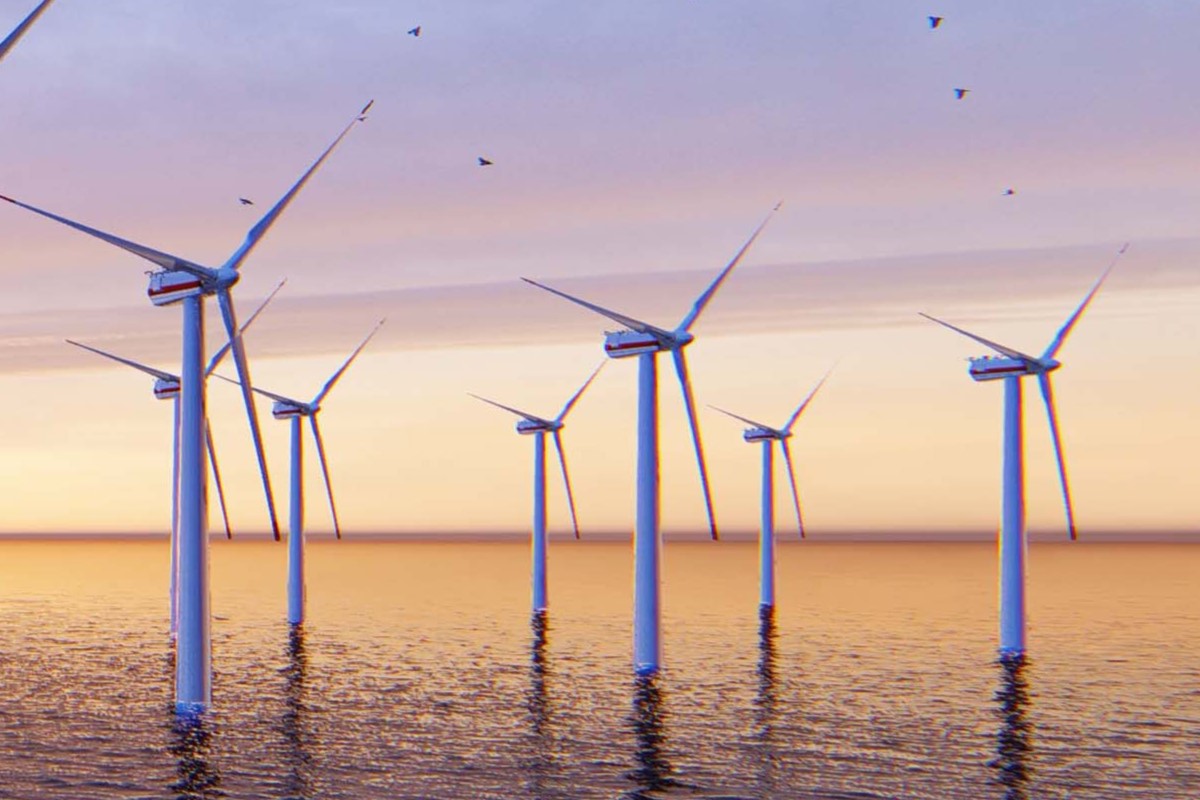The Messy Work of Changing the World

I’ve been on the road recently, as I am each summer. I love getting invited to staff events and conferences, to talk changemaking. This year, there’s an added perspective. I’ve been facilitating the Green Changemakers Programme across West Midlands and Warwickshire Colleges and that has really helped me frame changemaking work differently:
The Three Components of Changemaking
- Major issue of our times (the long term change we’re working on)
- Four Seasons of Changemaking (our theory of change)
- The Thinking Environment (a set of processes which enable us to think together well).
Previously, I’ve gone out with 1 + 2, you could call this a generic changemaking approach. Both elements are necessary, symbiotic even. The Thinking Environment enables us to figure out how to work through the Four Seasons of Change (Getting Unstuck, Releasing Potentia, Gaining Clarity, Co-Creating Unimagined Futures).
Reactions to Changemaking
There are always a few people at every event who think my work is fanciful. After all, I talk about bowerbirds, golden unicorns and joy! The concept of potential (joyful changemaking energy) is based on the work of a long-dead philosopher. But mostly it goes smoothly and you know you’ve captured some people and others will walk away grumbling a bit. Most will enjoy it, be intrigued and then not do anything about it but they don’t forget how they felt. That’s ok because time after time we build a critical mass. Change happens not in the big things, but in many people making many small changes.
The Challenge of Climate Change as a Major Issue
But when the major issue comes into the mix, it’s higher stakes. People have feelings, often strong feelings. They have views and they may believe – sometimes with justification – that their views will not be heard. Our society has a habit of telling people what to think, rather than teaching them how to think. The rise of populist movements (across the political spectrum) and the rejection by many of anything they perceive as ‘woke’ is the result of that. We live in a society where people are terrified, and terrified of being ‘cancelled’.
The Complexity of Climate Emergency
Nowhere is this more true than when thinking about the climate emergency. Not only do many of us have strongly held fears – an eco-anxiety that makes us not want to think about it, or to deny it – we are under-informed about the complex science at the heart of it. And worse – there is a lot of misinformation out there, bold claims rooted in obscure evidence.
FE’s Role in Green Skills
And here am I, telling FE staff that FE is at the vanguard of Green Skills work. That it’s on us. That’s the last thing that some people want to hear.
The Thinking Environment: Challenges and Opportunities
The Thinking Environment is the best approach I’ve ever found of enabling people to speak and be heard, even when it’s contrary to what other people are saying. ‘Contrarian Communication’ – having the courage to think differently out loud – is, after all, one of AimHi Earth’s 15 Green Skills, which is our ‘major issues’ frame on the Green Changemakers Programme. But in a short space of time, in a room full of strangers, where there has been no time to build trust, although Thinking Environment processes can’t be subverted, they can be sabotaged. And even when there’s no sabotage, people stay quiet, using their right to pass. Their voices never get heard. And when that happens it leaves everyone feeling not so great.
Support and Reflection
Fortunately, I have lots of support to think these challenges through. The 40 Green Changemakers in West Midlands and Warwickshire are an ‘Adventure Ready Squad’ (another of the 15 Green Skills) and I have a ready-made community with whom to reflect. I’ve been grateful for this recently, when I’ve noticed the difference between generic changemaking work and the higher stakes of Green Changemaking work. It’s harder work, for sure. But that’s no reason not to do it.
Looking for Guidance
I’m in need of some guidance. Green Changemaker Megan Wakefield introduced me to Katherine Hayhoe’s book, Saving Us, which attempts to show how “small conversations can have astonishing results”. I know this to be true in all my work, so I am excited to dive in and bring you more. In a complex world there will be no easy answers. But I am hoping to pose myself and the Green Changemakers some questions about how we can more effectively use the ‘teaching moments’ that present themselves to us in our messy and hopeful work.
By Dr Lou Mycroft, Co-Director FE Constellations, a nomadic educator, writer, and Green Changemaker.











Responses